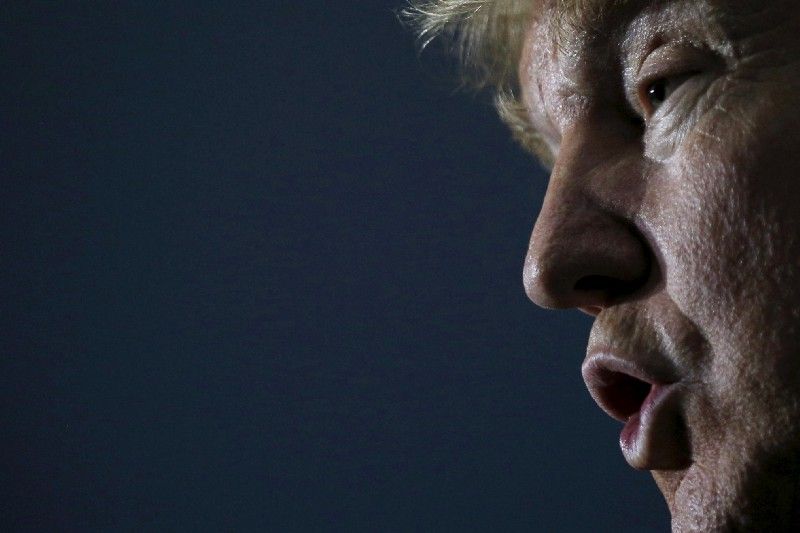Today, we live in a “G-zero world,” one in which no single power or durable alliance of powers can consistently get what it wants. The US is still the world’s only superpower. It alone can flex political, economic, and military muscle in every region of the world. But other governments have more than enough power to resist US pressure to do things they don’t want to do. This is Ian Bremmer’s way of describing a leaderless world.
Baloney, says Donald Trump. The G20 and G7 may be useless, but the US is still large and in charge. This is a G1 world, Trump’s actions suggest. The US can and should use its power to get what it wants, needs, and deserves.
Trump wants:
- China to knock $200 billion off its trade surplus with the US and upend its economic development model by halting subsidies and other forms of support for companies in the strategically vital tech sector.
- North Korea to hand over its nuclear weapons without anything important in return.
- Canada andMexico to make big concessions on NAFTA.
- Iran to meet every US demand in exchange for sanctions relief.
And he believes American power can accomplish all these things simultaneously.
To achieve all this, Trump sees little need for allies. He believes:
- Japan owes us. They cheat our economy by manipulating their currency. They maintain barriers against US industries in key sectors. We keep steel tariffs on them for a reason.
- NATO partnersare free-riding on US military might. Who cares what they think about the Iran deal?
- Japan, the Europeans, and all US allies need the US far more than the US needs them.
If Trump is dead right, major Chinese economic concessions will create a much more level playing field for American workers and manufacturers, and the US-China trade deficit will narrow sharply. North Korea will surrender its nukes. A new NAFTA will create jobs in the American heartland. The Iranian regime will go bankrupt and collapse without the US firing a shot. Japan will sign a bilateral trade deal with the US, and all NATO members will pay their fair share for defense.
If Trump is dead wrong, an extended trade fight with China will badly damage both economies, with collateral damage around the world. North Korea will stall negotiations until the US has a new president, South Koreans will blame the US for failing to make peace, NAFTA will not be replaced and all three economies will suffer, and the US and Israel will have to choose between war and a nuclear Iran as anti-American sentiment peaks across Europe and even in Japan.
Place your bets.
